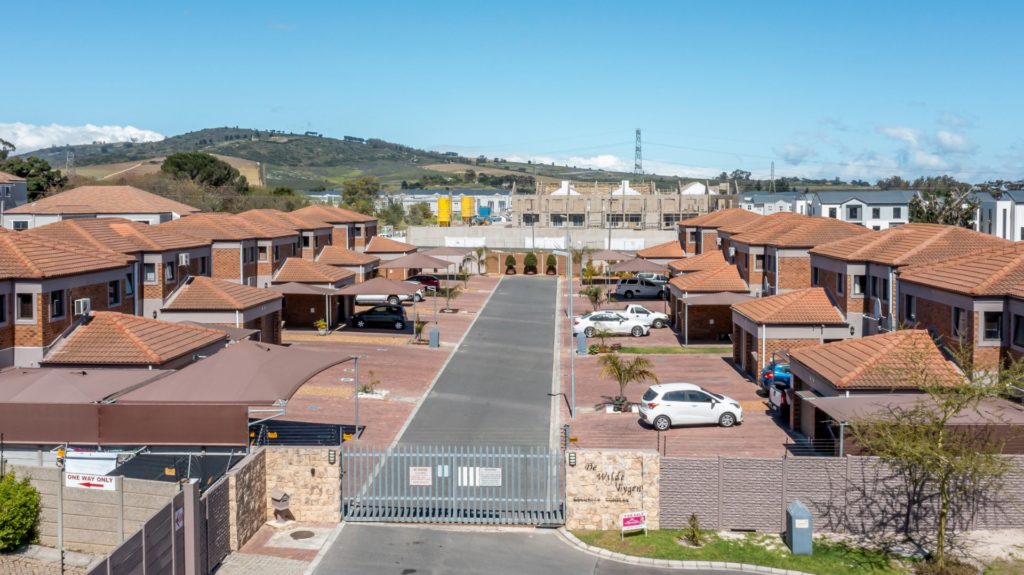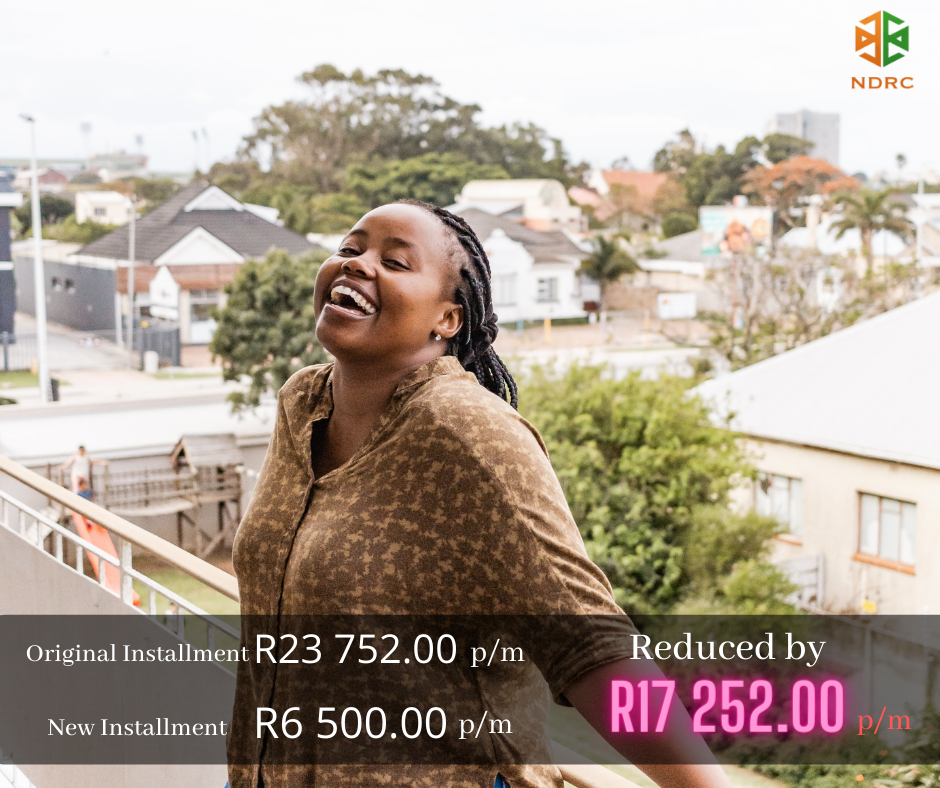What To Do If You Can’t Pay Rent in South Africa?
What To Do If You Can’t Pay Rent in South Africa?
By The National Debt Review Center
The article talks about people who have a hard time with money and can’t afford paying their rent in South Africa. It cites they are not alone as the country struggles to make sure everyone is able to get what they need. The article breaks down the different options people have when they can’t pay their rent and covers a few cases of people who were able to work out less of a payment plan or live with friends while they worked things out.
What To Do If You Can’t Pay Rent in South Africa?
Your Rights
It is your right as a tenant to be able to live in your rental property without interference from your landlord. This means that your landlord cannot evict you without a court order, and they cannot change the locks on your rental unit. If your landlord does either of these things, you can contact the police and file a complaint.
You also have the right to have proper notice before your landlord enters your rental unit. They should give you at least 24 hours notice, and should only enter during daylight hours unless there is an emergency.
If you are behind on rent, your landlord can give you a notice to pay rent or vacate the property. However, they must give you 14 days notice before they can start the eviction process. If you are able to pay the rent owed within this 14-day period, you can stay in the rental unit.
If you are facing eviction, you still have rights. Your landlord must follow the proper eviction procedure set out by law, and they cannot lock you out of your rental unit or remove your belongings without a court order. If they do any of these things, you can contact the police and file a complaint.
What Happens If You Are Evicted
If you are evicted from your home in South Africa, you will be required to leave the property within 24 hours. The eviction process is managed by the Sheriff of the Court and is executed with a court order. If you do not leave voluntarily, the Sheriff will forcibly remove you and your belongings from the premises. Once you have been removed, the landlord can change the locks and prevent you from re-entering the property.
Options if the Landlord Won’t Accept Your Rent
If you are struggling to pay rent, it is important to discuss your options with your landlord as soon as possible. If your landlord refuses to accept your rent, there are a few things you can do:
- Try to negotiate a payment plan that works for both parties.
- Look into government assistance programs that may be able to help you cover the cost of rent.
- Consider moving to a cheaper apartment or house.
- Talk to a lawyer about your legal options.
What Happens If the Tenant Does Not Pay Rent?
If the tenant does not pay rent, the landlord may give them a written notice to vacate the premises. If the tenant still does not pay, the landlord can then file for eviction.
Summary of Systems in South Africa
The South African government has put in place a number of systems to help people who are struggling to pay their rent. These include the Rental Housing subsidy, which is available to low-income earners, and the Rental Housing Fund, which provides loans to tenants to help them cover their rental costs.
There are also a number of non-governmental organisations that provide support to tenants who are struggling to pay their rent. These organisations can provide advice on how to negotiate with landlords, as well as financial assistance in some cases.
What is a Renting Housing Tribunal?
The Renting Housing Tribunal is a government body that hears disputes between landlords and tenants. The tribunal can order the landlord to return rent money to the tenant, or it can order the tenant to pay rent money to the landlord. It can also make other orders, such as ordering the landlord to repair the property.
What can the rental housing tribunal do?
If you are a tenant in South Africa and you are unable to pay your rent, you can approach the rental housing tribunal for assistance. The tribunal is a court that deals with disputes between landlords and tenants.
The tribunal can order the landlord to:
- Reduce the rent to an affordable amount
- Give the tenant more time to pay the rent
- Make repairs to the property
- Allow the tenant to sublet part of the property
The tribunal can also order the eviction of a tenant if they have not paid their rent for two months or if they have caused damage to the property.
When should you contact the rental housing tribunal?
If you are struggling to pay your rent, you should contact the rental housing tribunal as soon as possible. This is a government organisation that can help resolve disputes between tenants and landlords. They can also provide advice on what to do if you are having difficulty paying your rent.
How to find the rental housing tribunal?
If you are struggling to pay your rent, you may be able to get help from the rental housing tribunal. This is a government body that can mediate disputes between landlords and tenants.
You can find the contact details for your local tribunal on the Department of Human Settlements website. Once you have their contact details, you can call or visit the tribunal to discuss your case.
Keep in mind that the tribunal may not be able to help you if your landlord has already taken legal action against you. In this case, you will need to deal with the court directly.
You will need to provide the tribunal with some information about your situation, including your full name, address, and contact details. You will also need to explain why you are struggling to pay rent. Once the tribunal has this information, they will assess your case and decide whether or not you can have a hearing.
If you are granted a hearing, you will be given a date and time to attend. At the hearing, you will be able to explain your situation to a panel of judges. The panel will then make a decision about whether or not you should be allowed to stay in your home.
How do I lodge a complaint with a rental Tribunal?
If you’re struggling to pay your rent, the first step is to talk to your landlord or letting agent. They may be able to offer you some help or advice.
If you’re still having difficulty paying your rent, you can lodge a complaint with a rental tribunal. The rental tribunal is a court that deals with disputes between landlords and tenants.
To lodge a complaint with the rental tribunal, you’ll need to fill out a form and submit it to the court. You can find the form online or at your local court. Once the form is lodged, the court will set a date for a hearing.
At the hearing, both you and your landlord will have an opportunity to present your case. The rental tribunal will then make a decision about whether or not you have to pay rent.
If the rental tribunal decides that you don’t have to pay rent, your landlord won’t be able to evict you for non-payment of rent. However, if the rental tribunal decides that you do have to pay rent, you’ll be liable for any back rent owed plus any legal costs associated with the case.
An Agreement for Rental in South Africa must contain the following
If you are facing financial difficulties and are unable to pay your rent, it is important to know your rights and options. In South Africa, there is no legal protection for tenants if they cannot pay their rent. However, your landlord cannot simply evict you without following the proper legal procedures.
Your rental agreement should contain the following information:
- The names of the landlord and tenant
- The address of the rental property
- The length of the tenancy
- The amount of rent payable
- The date on which rent is due
- Details of any deposit paid
- Details of any other charges or fees payable (e.g., utilities)
- The landlord’s contact details
If you cannot pay your rent, you should first try to speak to your landlord and reach an agreement. If this is not possible, you can talk to a lawyer or a tenancy tribunal about your options.
Conclusion
It is estimated that over half of all South Africans are unable to pay their rent on time. If you find yourself in this situation, don’t despair — there are a few things you can do to try and improve your situation. First, speak to your landlord or letting agent and explain your financial difficulties. They may be able to work with you to come up with a payment plan that suits both parties.
Additionally, reach out to family and friends for help — they may be able to lend you the money you need until you’re back on your feet. Finally, contact your local municipality or housing department — they may have programs in place that can assist you with paying your rent. Whatever you do, don’t give up — there is help available if you look for it.







8 Comments
Nozibusiso Mathe · June 26, 2023 at 9:29 am
Please help me to pay my rent
Nokuthula · August 9, 2023 at 12:52 am
I need legal advice
The National Debt Review Center · August 22, 2023 at 10:34 pm
Call us on 0410125036
Celeste · October 24, 2023 at 6:06 am
What happens if tennant cannot pay rent and has given a month’s notice? Can deposit then be used to as rent
Debbie · December 7, 2023 at 8:10 am
I have been struggling to pay my rent on the due date. I have asked the agency over and over again to give me grace after the 1st as I can only get all the money by the 7 or 8th of the month. To date I have always paid unfortunately it hasn’t been on the 1st. I now get told they are filing an eviction order against me. Can they evict me even though I am paying
Joseph Themba · March 4, 2024 at 9:09 pm
Please help me to pay rent.
I’m going through tough financial crisis due to R4000 salary before deduction then I was ended resigned.
My phone number is: 0602130425
Liezel · April 5, 2024 at 10:11 am
Can someone please help me to pay my rent it is one month behind and i am struggling to get all the cash together i still need R4000 please im begging someone to help me
Astrid · June 2, 2024 at 8:48 pm
I need assistance with my rent and water and electricity bills have some financial problems i am one month behind and my rent needs to be paid by the 7th of June amount R6000 + water/lights R 2500